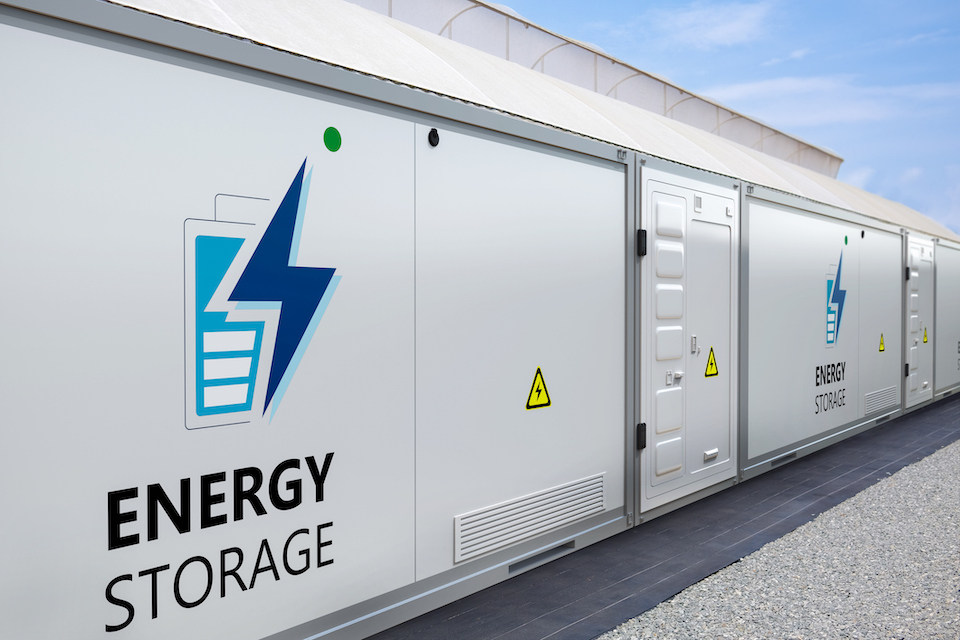There are some misunderstandings among the general public about the use of batteries, such as:
- Grid operators need batteries for flexibility – Flexibility can also be provided by shifting power demand over time or capping excess renewable generation.
- All excess renewable energy should be stored – This is also incorrect. Curtailment of renewable generation is sometimes more efficient.
The usefulness of batteries
Nevertheless, batteries can be useful to the energy system in several ways:
- Self-sufficiency – Batteries can contribute to greater self-sufficiency in households and businesses, they can provide backup power and help reduce costs for returning own generation
- Balance maintenance – Batteries are used to supply reserve power to national grid operator TenneT to keep the grid frequency constant, or to help programme-responsible parties (such as your energy company) to keep their own supply and demand portfolio in balance.
- Congestion management – When used in companies or households, behind the meter, batteries can help to smooth out peaks in demand or supply. They can also play this role in collective energy management systems.
How not to do it
The use of batteries can also have negative effects in the following ways:
- Exacerbating congestion – If too many batteries in an area respond to the same price signal from TenneT at the same time , they can cause demand or supply peaks and thus increase grid congestion.
- Disrupting grid frequency – If batteries respond too quickly to price signals and are all switched on or off at full power at once, this will negatively affect the grid frequency.
- Price signal dampening – Too much increase in battery supply can lead to market saturation and dampening of price fluctuations, putting pressure on the earning power of batteries.
A sensible use of batteries
Although it is attractive for market parties to earn money with batteries, the system does not always benefit from this. It is certain that commitment to greater self-sufficiency in companies and households always contributes to a robust system for a sustainable future!





